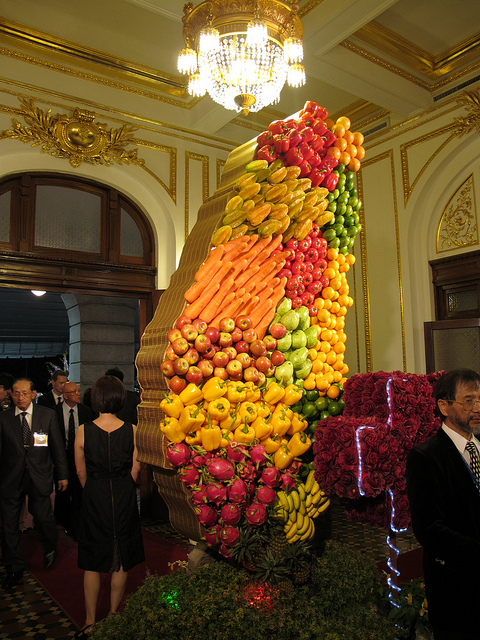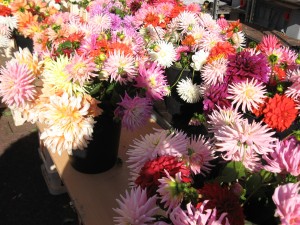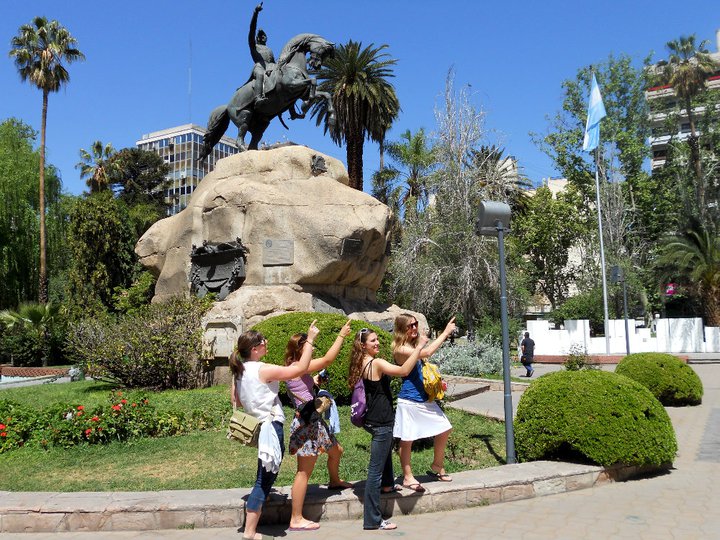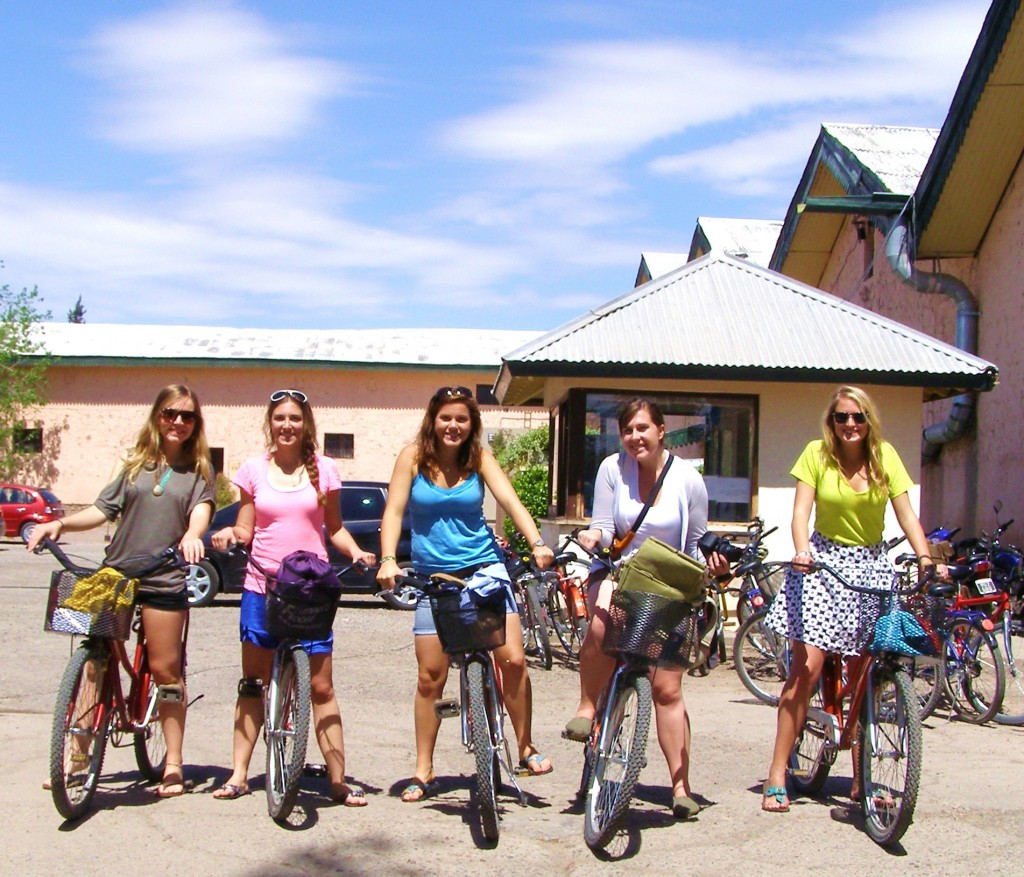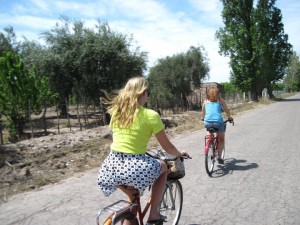(I wrote this a couple of weeks ago, then somehow didn’t post it)
For all of those NPR-listeners out there (hey, Mom and Dad), the following will not come as a surprise: France is currently on strike. From the beginning of my stay here, back in September, there have been a variety of public demonstrations, marches, barricades, and blockades on public transportation. The reason for all of this hoopla is that the French government somewhat recently passed a law increasing the age of retirement by two years. This, of course, has caused outrage among the general public, which in France translates to les grèves (strikes). Here, strikes are common enough events, generally planned out in advance. Professional employees of all trades can choose to participate in them, and refuse to go to work, joining the masses marching along the barricaded cobblestone streets, or they can attempt to carry on their quotidian routines. I say attempt, because getting to and from work on strike days is fairly tricky. Metro and bus schedules become more irregular, and trains are essentially cancelled. For those lucky few that have cars, the streets in Lille itself are jammed up, and the highway leading out to the city’s suburbs and surrounding towns is essentially impossible to get through. Moreover, as part of the strike, gas stations are generally barricaded off, rendering it impossible for drivers to refill their quickly dwindling supplies of fuel.
I myself was not aware that there was going to be another grève this week (there have already been a few), until I arrived at the train station, bright and early on Monday morning, to find it more packed than usual. I became suspicious when I looked at the train schedule, and noticed that more and more arriving trains were running late, and that my train wasn’t running at all. Then large groups of police wearing body armor began filing into the station. Curioser and curioser. I finally noticed, summoning all of my early-Monday-morning deductive skills, the large sign beside the arrival billboard, announcing a national two day strike. Needless to say, getting to work was out of the question. I went to the zoo instead.
Throughout the day, my friends and I continued to receive reports of groups of demonstrators throwing glass bottles and rocks at police cars and setting fire to trashcans. What this has to do with encouraging the senate to pass a new referendum on the age of retirement somewhat escapes me.
Today, I felt fairly proud of myself, having independently figured out an alternative trajectory to get to work, involving a myriad of buses and metros. Sure, I had to get up about two hours earlier than usual, but it was certainly worth it: I had a fantastic day with the students. Funnily enough, the cafeteria lunch today was a cheeseburger with fries and a snickers ice cream bar for dessert. A real American lunch, as some of the students noted. I didn’t have the heart to tell them that we generally don’t put soft boiled eggs on our burgers, nor do we serve them with a side of bread. I’m really enjoying the on-going introduction period at my schools. I’m still in the process of meeting and getting to know all of the students, the majority of whom always have a multitude of questions to throw at me.
Next week is the beginning of fall break, so I’ll be checking out of France for a bit. I’m heading south to Spain for five days, and hopefully heading up to Amsterdam afterwards. Tales of those adventures to come.
News pictures of some of the manifestations in Lille: http://www.monstersandcritics.com/news/europe/features/article_1592796.php/France-General-Strike-Pictures?page=1

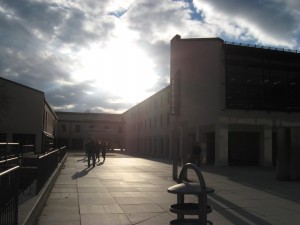 Here’s an extra post for the week that I promised a month ago. I’ll post an extra one to make up for Herbstferien (Fall Break), which will be a wonderful treat for myself because I’m going to allow myself to indulge in my love for Bavaria. My justifications? I did spend a little over a week in my favorite German state and relived some moments of familiar regional differences that I somehow forgot about. It’ll be a culturally significant blog post, I promise!
Here’s an extra post for the week that I promised a month ago. I’ll post an extra one to make up for Herbstferien (Fall Break), which will be a wonderful treat for myself because I’m going to allow myself to indulge in my love for Bavaria. My justifications? I did spend a little over a week in my favorite German state and relived some moments of familiar regional differences that I somehow forgot about. It’ll be a culturally significant blog post, I promise!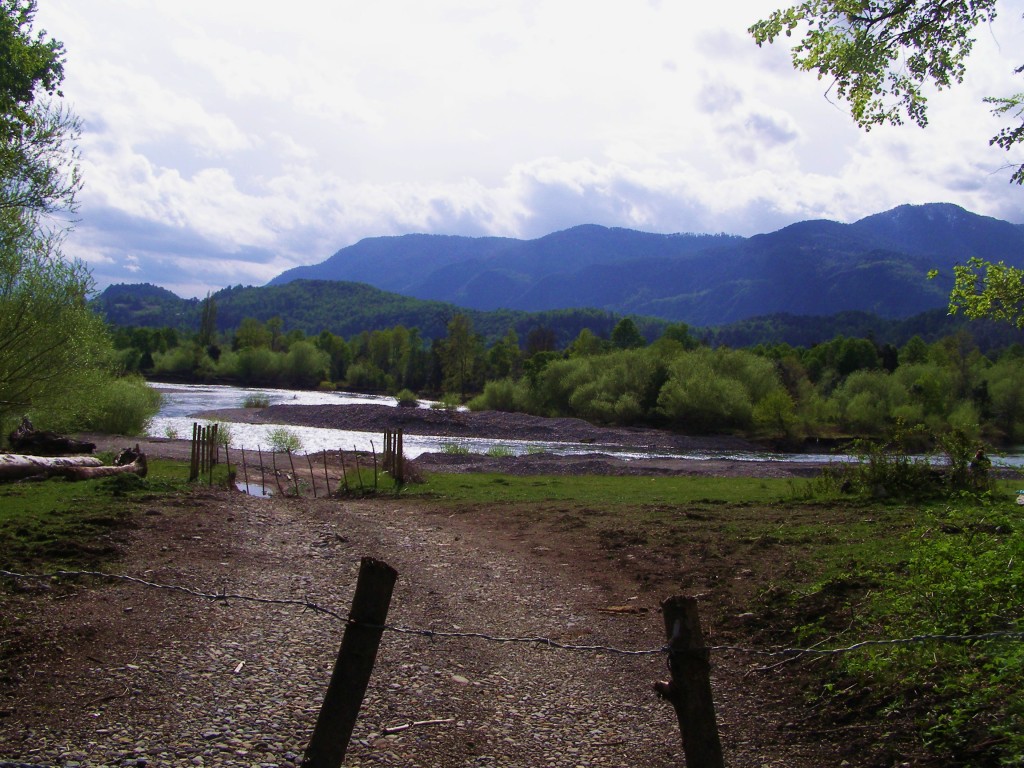
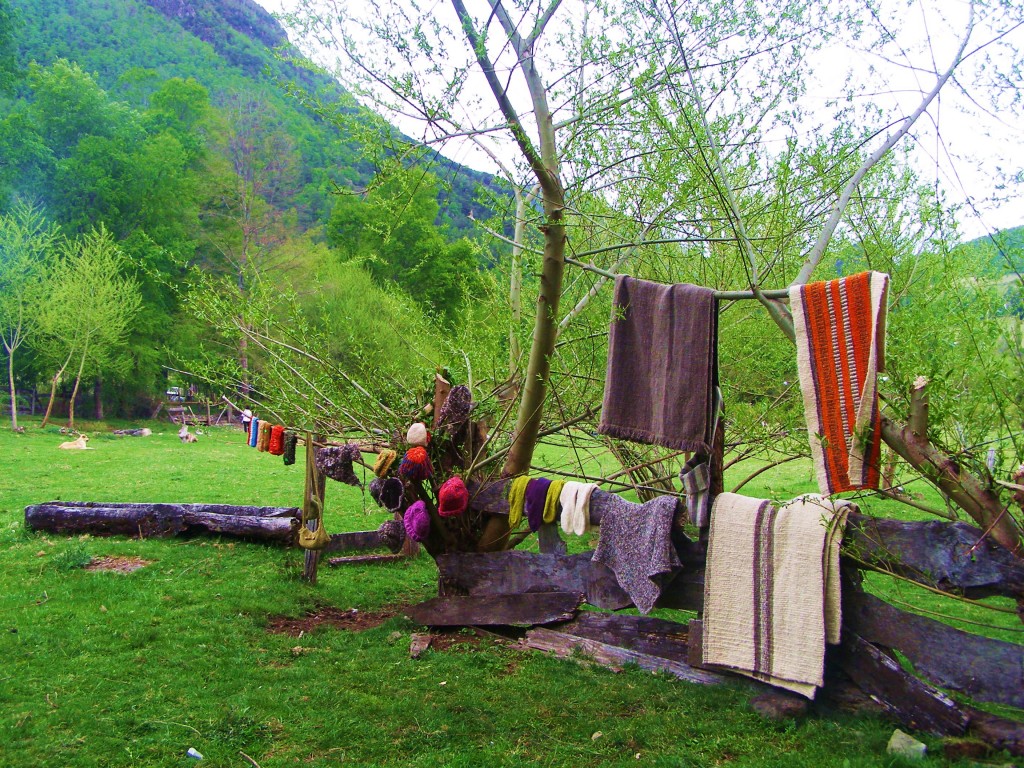
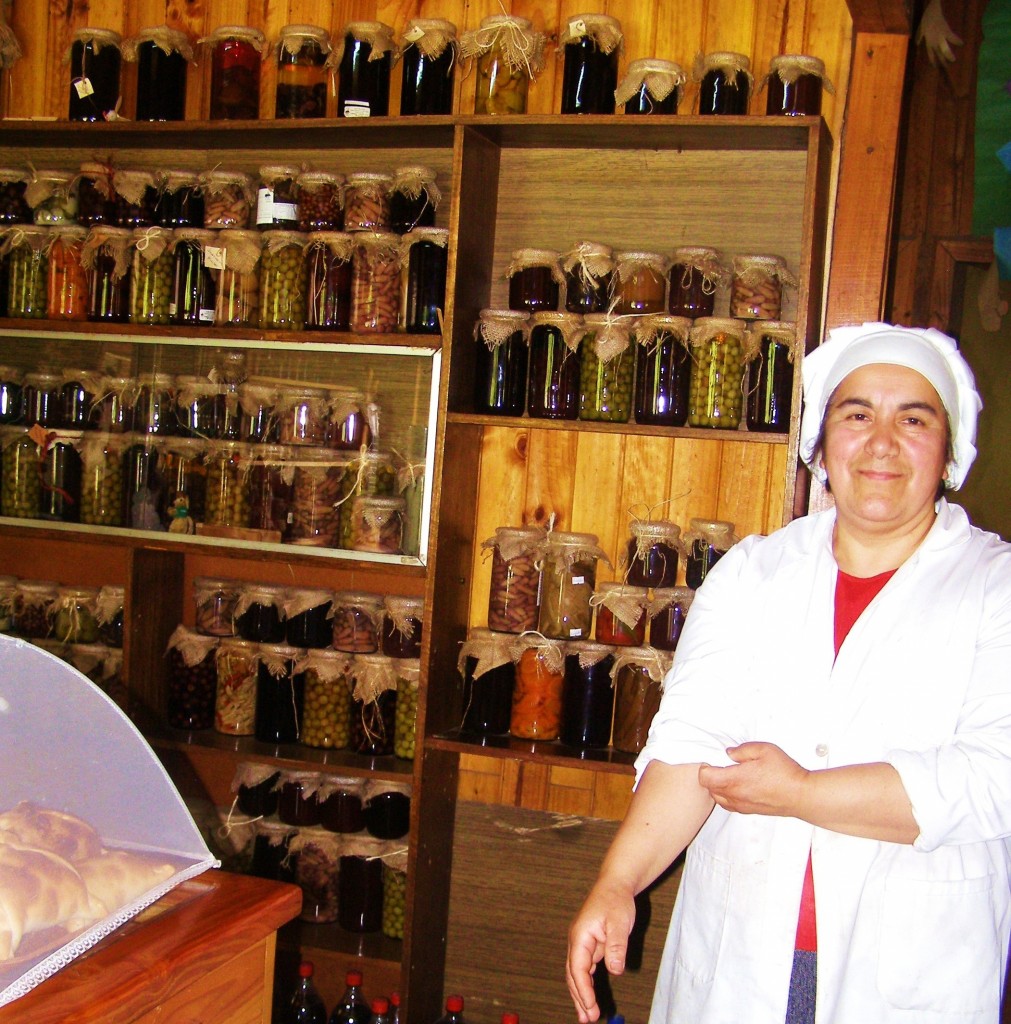
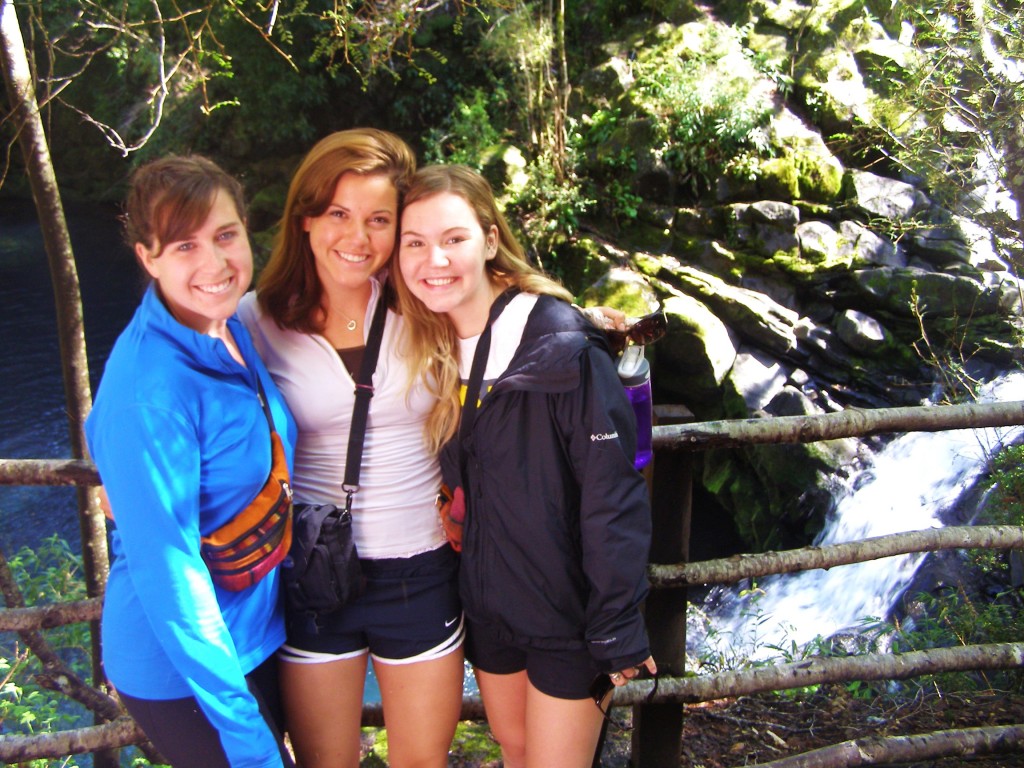
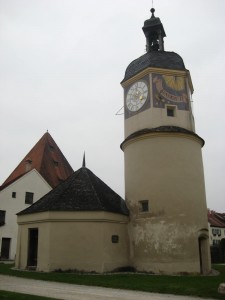 As mentioned in a previous post, I spent my Fall Break in Bavaria. There’s a lot to share but I always wince when thinking back on that apartment post. I will keep that promise and spare you the pain of reading so much.
As mentioned in a previous post, I spent my Fall Break in Bavaria. There’s a lot to share but I always wince when thinking back on that apartment post. I will keep that promise and spare you the pain of reading so much.